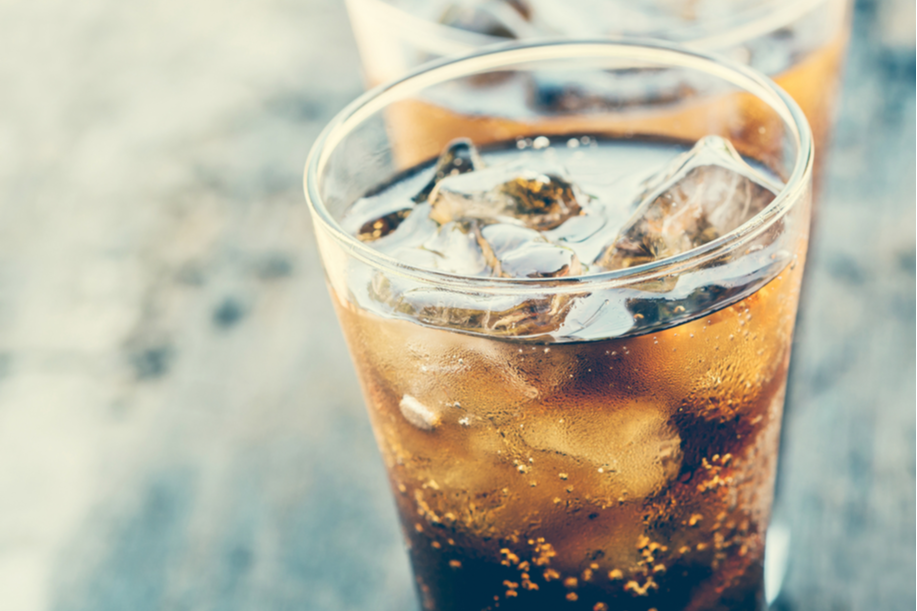It hasn’t been published or peer-reviewed, but in the last few days nearly 100 media outlets have reported on a questionable bit of number-crunching that tries to link soda consumption with diabetes. Five of the study’s seven coauthors, it turns out, are certified obesity alarmists, and some have close ties with the self-described “food police” at the Center for Science in the Public Interest (CSPI). A quick review of the “Fizzy Five” should make it very clear that their contribution to this study — like CSPI’s statistical malpractice in its report “Liquid Candy” — was driven by anti-soda prejudice.
Coauthor Joann Manson (along with Kelly “Big Brother” Brownell), serves on CSPI’s scientific advisory board. Manson’s hysterical response to obesity has also gotten her in a bit of trouble. In 1996, The New England Journal of Medicine published a study disclosing the health risks of appetite-suppressant drugs. As the respected medical journal subsequently admitted, an accompanying review — which emphasized the threat from obesity and downplayed the risks of pharmaceutical treatment — was written by consultants for the very companies that made the drugs in question. Manson was one of those consultants. Here’s what the editors of The New England Journal of Medicine had to say about the flap:
What we did not appreciate until it was too late was that Dr. Manson and Dr. Faich had both been paid consultants for companies that stood to gain from the sale of one of the antiobesity agents studied. In 1995, Dr. Manson consulted for Interneuron Pharmaceuticals and for Servier Amerique, the manufacturer and a distributor of dexfenfluramine (Redux) … They concluded their editorial with the sentence, “Although physicians and patients need to be informed, the possible risk of pulmonary hypertension associated with dexfenfluramine is small and appears to be outweighed by benefits when the drug is used appropriately.” When considered as the opinion of unbiased experts, this is just the sort of practical summary we want from editorialists. But when considered as the conclusion of people who were paid consultants for companies that sell dexfenfluramine, it raises troubling questions.
Coauthor David Ludwig’s claim to fame is his misunderstood and grossly exaggerated 2001 study that tried to demonstrate a link between soda consumption and childhood obesity. Ludwig’s own conclusion to that study admitted: “there is no clear evidence that consumption of sugar per se affects food intake in a unique manner or causes obesity.” But that doesn’t stop Ludwig from supporting an extra “tax on fast food and soft drinks.” And Ludwig teamed up with Kelly Brownell to write a ludicrous article comparing obesity to a (hypothetical) massive SARS outbreak that infects 60 million Americans.
Coauthor Walter Willett has signed CSPI’s letters and participated in CSPI’s press conferences. Along with CSPI, he endorsed a petition from Ralph Nader’s Commercial Alert in support of global restrictions on food marketing. And along with Manson, he endorsed CSPI’s misguided campaign to prevent Coca-Cola from sponsoring literacy projects in conjunction with the Harry Potter franchise.
Coauthor Meir Stampfer has signed several CSPI-initiated letters to federal regulatory agencies (click here and here for examples).
And finally, coauthor Graham Colditz also coauthored the infamous and seriously flawed study that concluded obesity costs the US economy $117 billion each year. As we’ve pointed out before, that study admitted to using shaky data and double-counting costs. It also defined obesity incorrectly, improperly including the costs of more than 10 million Americans.
For quite a while now we’ve been battling the baseless contention that soda has some kind of special relationship with obesity. You can find a few of our previous discussions of the subject here, here, here, here, and here. And you can be sure that Manson, Ludwig, Willet and the rest of the gang don’t want you to know about a recent study in the International Journal of Obesity, which found that the proportion of calories we get from sweeteners — including the sweeteners in soda — has no effect on weight.




